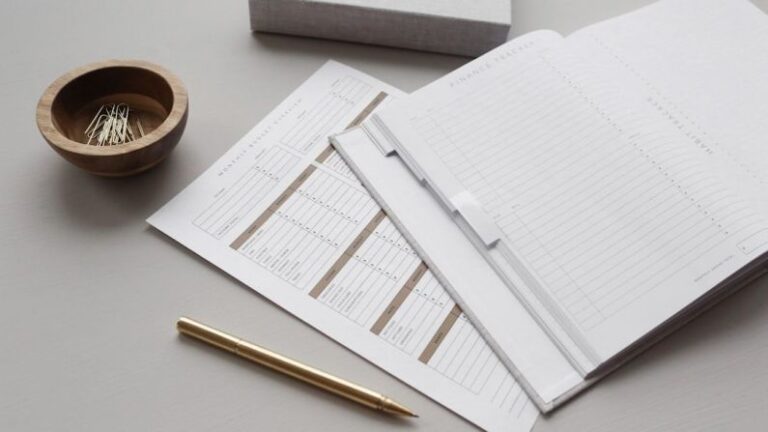
For many people, buying a home is a significant milestone in life. However, before you can secure a mortgage, one crucial factor that lenders consider is your credit score. Your credit score plays a vital role in determining whether you qualify for a mortgage and what interest rate you’ll be offered. If you’re planning to apply for a mortgage in the near future, it’s essential to take steps to improve your credit score. Here are some effective strategies to boost your credit score before applying for a mortgage.
Understand Your Credit Report
Before you can start working on improving your credit score, it’s essential to have a clear understanding of where you currently stand. Obtain a copy of your credit report from one of the major credit bureaus – Equifax, Experian, or TransUnion. Review your report carefully to identify any errors or negative items that may be impacting your score. Dispute any inaccuracies you find to ensure your credit report is a true reflection of your credit history.
Pay Your Bills on Time
One of the most significant factors influencing your credit score is your payment history. Late or missed payments can have a substantial negative impact on your credit score. Make sure you pay all your bills on time, including credit card payments, loan repayments, and utility bills. Setting up automatic payments or reminders can help you stay on track and avoid late payments.
Reduce Your Credit Card Balances
Another crucial factor that affects your credit score is your credit utilization ratio – the amount of credit you’re using compared to your total available credit. Aim to keep your credit utilization below 30% to demonstrate responsible credit management. If possible, pay down your credit card balances to lower your utilization ratio and improve your credit score.
Avoid Opening New Credit Accounts
While it may be tempting to open new credit accounts to increase your available credit, doing so can actually harm your credit score. Each time you apply for new credit, a hard inquiry is recorded on your credit report, which can lower your score. Additionally, opening new accounts can shorten the average age of your credit history, which may also have a negative impact on your score. Avoid opening new credit accounts in the months leading up to your mortgage application.
Keep Old Accounts Open
Closing old credit accounts may seem like a good idea to declutter your financial life, but it can actually hurt your credit score. The length of your credit history is an essential factor in calculating your credit score, so keeping old accounts open, even if you’re not using them, can help boost your score. If you have old accounts that you no longer need, consider keeping them open to maintain a longer credit history.
Monitor Your Credit Regularly
Regularly monitoring your credit is crucial to ensuring that you’re on the right track to improving your credit score. Check your credit report frequently to track your progress and identify any changes that may require attention. Many credit card companies and financial institutions offer free credit monitoring services that can help you stay informed about your credit score.
Consider a Secured Credit Card
If you have a limited credit history or a low credit score, a secured credit card can be a useful tool to help you build or rebuild your credit. With a secured credit card, you make a security deposit that acts as your credit limit. By using the card responsibly and making timely payments, you can demonstrate your creditworthiness and improve your credit score over time.
Plan Ahead and Be Patient
Improving your credit score takes time and effort, so it’s essential to plan ahead and be patient. Start working on boosting your credit score well in advance of applying for a mortgage to give yourself the best chance of securing favorable terms. By following these strategies and maintaining good credit habits, you can increase your credit score and improve your chances of getting approved for a mortgage with a competitive interest rate.
In summary, improving your credit score before applying for a mortgage is a crucial step in the home buying process. By understanding your credit report, paying your bills on time, reducing your credit card balances, avoiding new credit accounts, keeping old accounts open, monitoring your credit regularly, considering a secured credit card, and planning ahead, you can take proactive steps to boost your credit score and enhance your financial health. Remember, a higher credit score not only increases your chances of qualifying for a mortgage but also helps you secure more favorable terms, saving you money in the long run. Start working on improving your credit score today to set yourself up for success when applying for a mortgage in the future.





